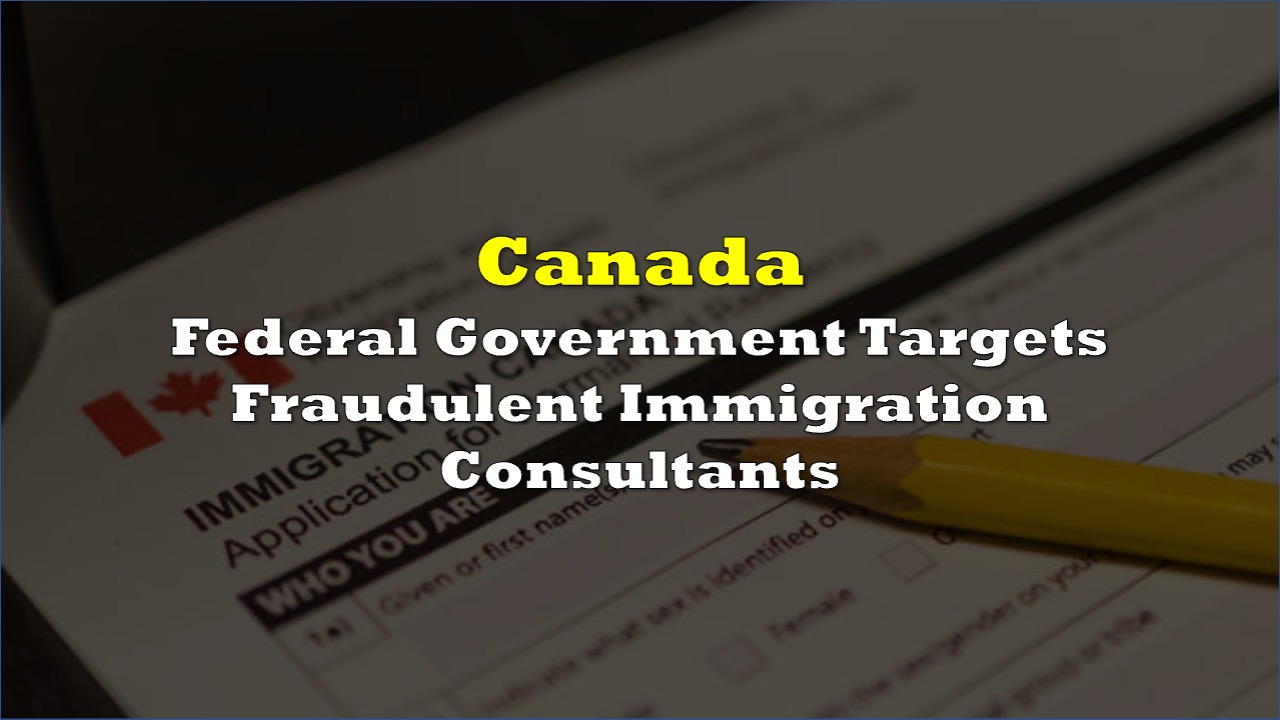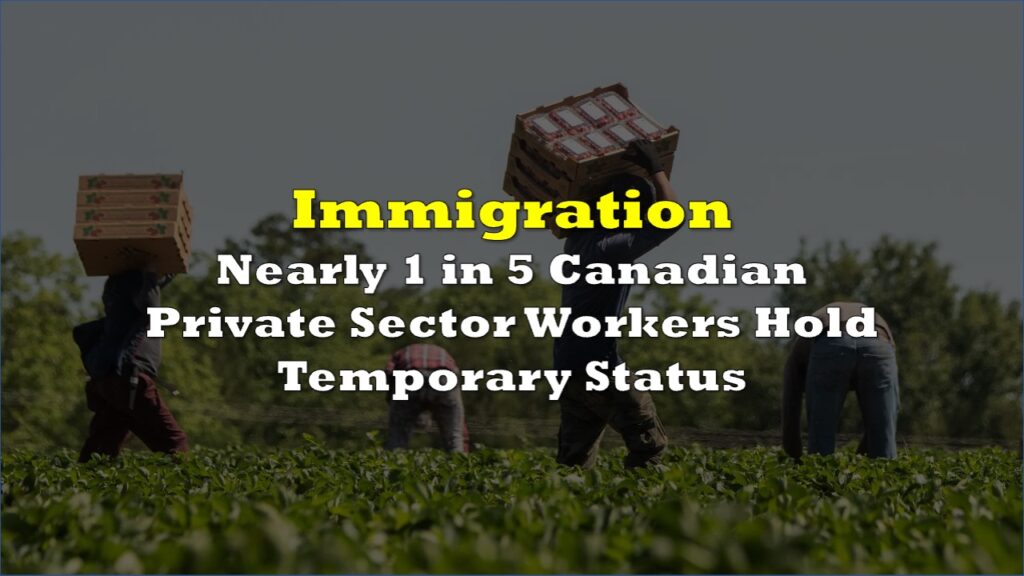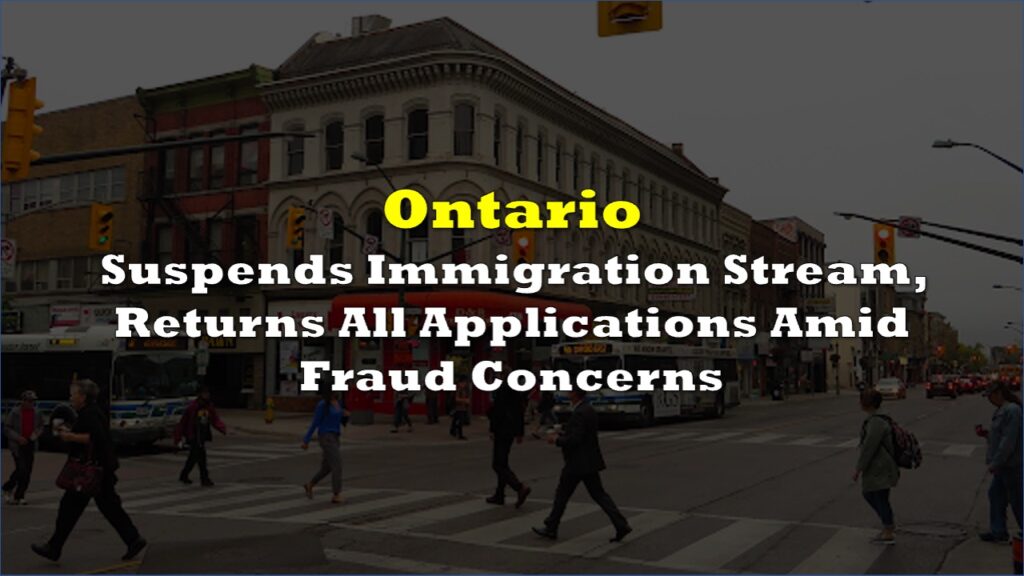Federal authorities plan to introduce tougher enforcement measures targeting immigration consultant fraud, including expanded powers for industry regulators to impose financial penalties and secure victim compensation.
The move addresses growing concerns about unscrupulous consultants exploiting vulnerable immigrants through fake job schemes and fraudulent applications. The College of Immigration and Citizenship Consultants currently lacks the enforcement power to collect penalties without going to court.
The Carney government is preparing to crack down on corrupt immigration consultants.https://t.co/l4WR111SG7
— Riley Donovan (@valdombre) August 10, 2025
Federal authorities handled approximately 9,000 suspected fraud investigations each month in 2024, rejecting thousands of applications and banning tens of thousands of individuals from entering Canada. Between 2019 and 2024, authorities charged 153 people with immigration consultant-related fraud offenses.
The college revoked consultant Hossein Amirahmadi’s license after finding he orchestrated job-selling schemes, faked payroll documents, and fraudulently obtained work permits. The college ordered him to pay $50,000 in fines plus $49,000 in costs, but it cannot force collection without court proceedings.
The crackdown comes as Prime Minister Mark Carney’s government implements broader immigration reforms, capping temporary residents at 5% of the population by 2027 and limiting permanent residency to under 1% annually.
Related: Canada Population Growth Stalls As Immigration Cuts Take Effect
Housing shortages and strained public services have eroded public support for immigration. For the first time in 25 years, polls show most Canadians believe the country accepts too many immigrants.
Critics have attacked the government for delaying promised enforcement measures. A 2019 budget bill gave authorities the power to create penalty regimes for immigration fraud, but officials have not activated the compliance system five years later.
The proposed federal regulations will enhance the regulator’s investigation powers and establish compensation mechanisms to protect vulnerable migrants from exploitation. Separately, Ontario has introduced provincial legislation that requires written contracts and proof of licensing for consultants working with provincial nominee applicants.
Information for this story was found via the sources and companies mentioned. The author has no securities or affiliations related to the organizations discussed. Not a recommendation to buy or sell. Always do additional research and consult a professional before purchasing a security. The author holds no licenses.









